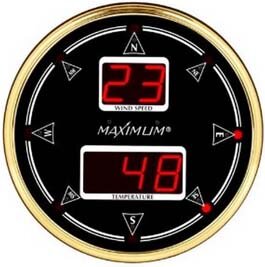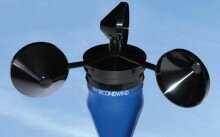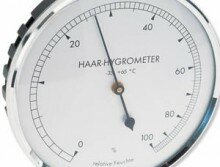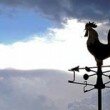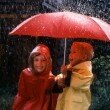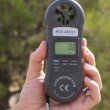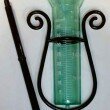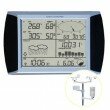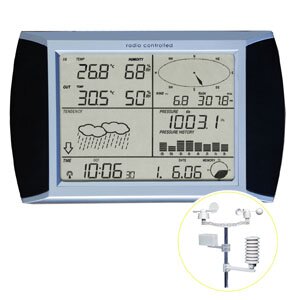 There are many amateur meteorologists out there. Perhaps you are one of them. If so, then forecasting weather using weather instruments has to be one of the tasks that top your list of things to do. Meteorologists typically use many different kinds of data in order to predict atmospheric conditions and helps people like you and me plan our activities for the day and the week at large.
There are many amateur meteorologists out there. Perhaps you are one of them. If so, then forecasting weather using weather instruments has to be one of the tasks that top your list of things to do. Meteorologists typically use many different kinds of data in order to predict atmospheric conditions and helps people like you and me plan our activities for the day and the week at large.
While our favorite source of outdoor condition information is the Television news or newspapers, many people prefer to be their own forecasters by using specific prediction instruments. Often times these people are referred to as weather bugs,nuts or even hounds. The basic thing is that these individuals enjoy watching and forecasting the current climactic conditions by using modern instruments as a hobby as well as seriously.
Weather aficionados can tell you a lot about the instruments they use. That’s because they spend plenty of time reading, watching, and collecting information about from various sources to increase their knowledge and satiate their curiousness. Such is their appetite for forecasting that they even don’t mind attending monthly conventions, seminars etc. The one thing all these weather bugs have in common is their love for their hobby and their very own weather stations.
Today, most weather hounds use wireless stations that work with sensors that can be spread across their grounds and even throughout their immediate neighborhood. Wireless weather stations are also one of the latest technically advanced instruments that have captured the imagination of climate watchers and fans the world over. Using wireless stations, people living in cold conditions can predict their outdoor conditions from the convenience of their house and prepare for the future based on this information. A highly helpful tool, it gives freedom to individuals to stay safe and be ready to face dire circumstances due to bad weather onslaught, if at all, well in advance.
Forecasting doesn’t have to be done using only sophisticated NASA equipment. It can a also be done using tools that work well at an individual level and assure them of near perfect results and predictions. Depending on the amount of interest a person has, he/she may have an array of tools and instruments that could put even TV meteorologists to shame.
Two of the most important weather instruments that any amateur weatherman should have are anemometers and indoor and outdoor thermometers. Some of the other important weather tools to own include barometers, atomic clocks, rain gauges, all kinds of weather maps, hygrometers, and any other weather instrument that he/she can afford.
Depending on your budget you can buy varying quality of weather tools as part of your home weather station set up. The type of weather station you have will also be dependent on your level of knowledge, choice, and requirement.




